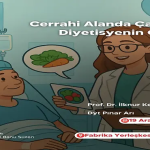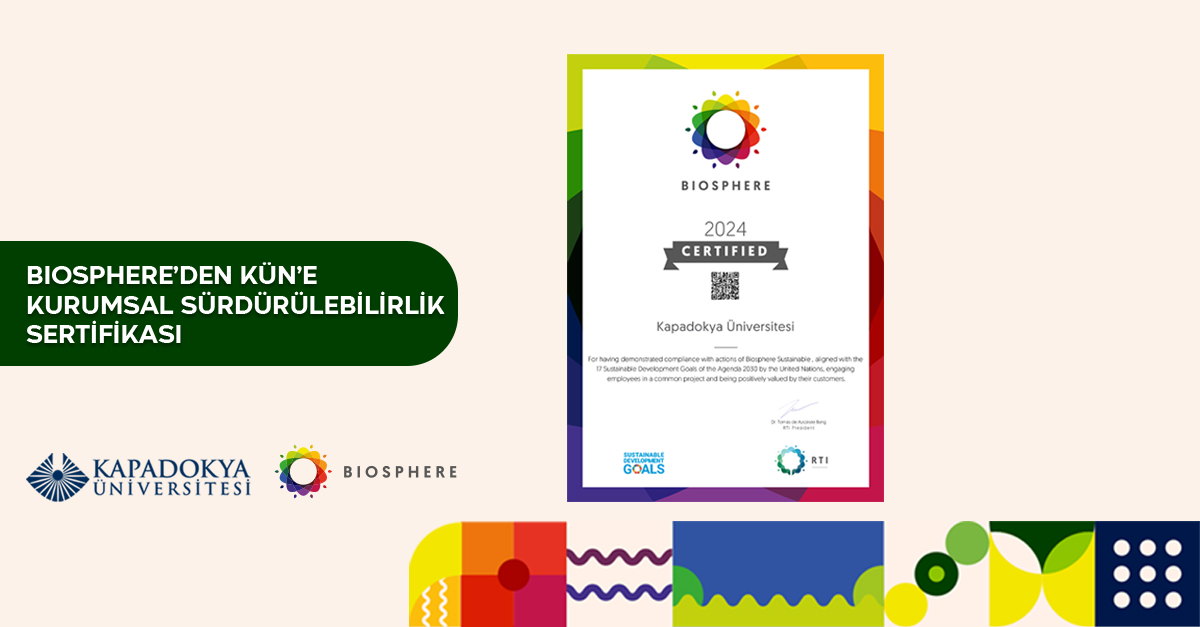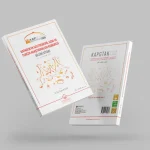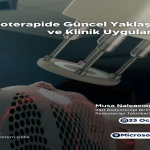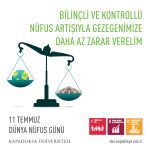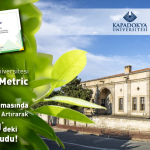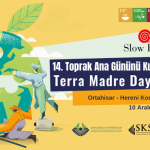The protocol for our “Kapadokya Slow Food Earth Market” project, which has been awarded support under the Social Development Support Program (SOGEP) implemented by Ahiler Development Agency (AHİKA) under the coordination of the Republic of Turkey Ministry of Industry and Technology General Directorate of Development Agencies, was signed at a ceremony hosted by Nevşehir Governor and Chairman of Ahiler Development Agency Board of Directors, Ali Fidan.
The project team includes Dr. Mine Erdem Büyükkiraz, Dr. Selda Öztürk, Dr. Aygül Akkuş, and Arzum Karabıyık. Aimed at supporting women producers of local agricultural products in Cappadocia by enabling them to sell their goods at fair prices directly to consumers within the framework of good, clean, and fair production principles, the project seeks to integrate these women into economic life, improve their quality of life, and increase their earnings. The protocol was signed during a ceremony attended by our Rector, Prof. Dr. Hasan Ali Karasar.
“Kapadokya Slow Food Earth Market”
Under the “Kapadokya Slow Food Earth Market” project, which will be implemented by our university, women producers practicing local and sustainable agricultural methods will gain direct sales opportunities and generate income within a household income-generating production model. The establishment of the Kapadokya Slow Food Earth Market will expand job opportunities for women in our region.
In line with the founding philosophy of the Kapadokya Slow Food Earth Market, the space will serve as a social hub where education, workshops, and social activities take place, fostering community unity and preserving cultural values. A total of 640 farmers and artisans will participate in 32 training sessions and workshops organized under the project. These activities will enhance producers’ knowledge and skills in local, sustainable, and natural production, thereby improving their production capacity and increasing the quality and market value of their products. The project will support socio-economic development in rural areas, boost employment for women and youth, reduce social inequalities, and improve the quality of life for local communities by facilitating access to good, clean, and fair food.




